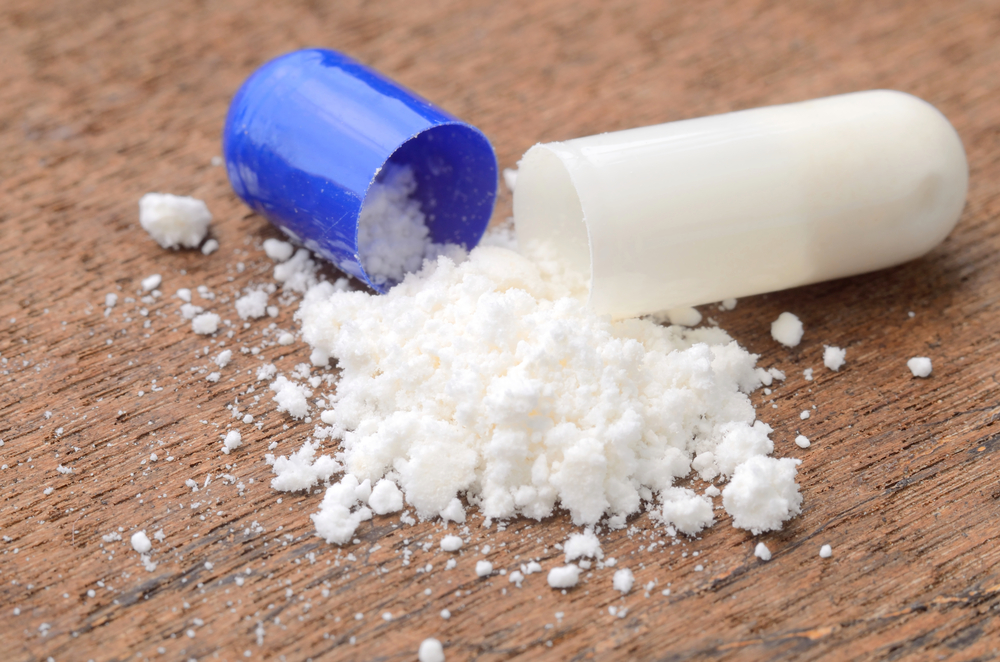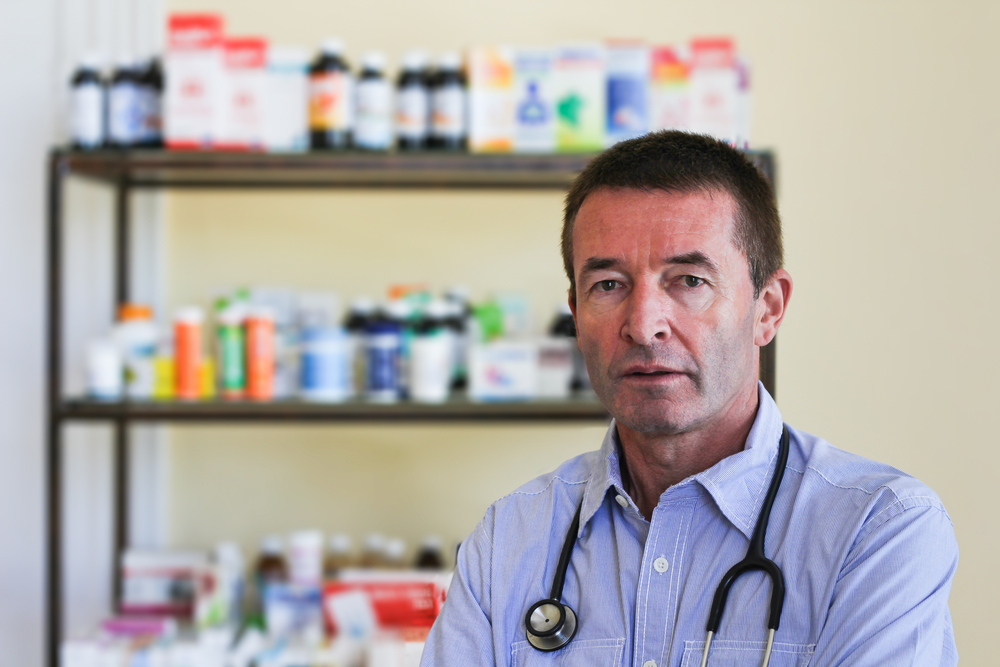
A recent report from the Faculty of Addictions at the Royal College of Psychiatrists has highlighted the changing face of drug abuse in the UK.
While drug abuse was previously dominated by crack, heroin, and ecstasy, an increasing number of people are being admitted to treatment for harm related to club drugs and novel psychoactive substances.
Club drugs are:
Psychoactive substances that are recreationally used in nightclubs, bars, festivals, music events, circuit and house parties.
Novel Psychoactive Substances (NPS) are synthesised to mimic traditional drugs and are marketed “not for human consumption” to avoid detection. They are sold under the guise of bath salts or other chemicals (Royal College of Psychiatrists, 2014).

The types of drugs taken by recreational users have changed significantly in recent years.
Current problems
Serious harm
- There is increasing evidence of risks and long-term effects of these drugs. For example:
- GHB has a very small degree of dosing between euphoria and one resulting in coma or death (Club Drug Clinic, 2013)
- Long term methamphetamine use may result in psychotic states
- Ketamine can cause kidney and bladder problems
- Mephedrone use can result in heart problems
New users, more drugs
- Each year 1 million adults are estimated to use club drugs per year in the UK (National Treatment Agency for Substance Misuse, 2012), and this population of users has not just switched from crack and heroin but has emerged from a diverse population of students, ‘clubbers’ and LGBT communities
- Additionally, the number of available drugs is growing, with a new NPS per week becoming available in Europe via the internet outlets (European Monitoring Centre for Drugs and Drug Addiction, 2012)
Unprepared services
- Club drug and NPS users tend to not perceive current drug services as for them and are therefore more likely to receive treatment in alternative care facilities such as sexual or mental health clinics (National Treatment Agency for Substance Misuse, 2012)
- Staff in these non-specialists centres have reported feeling unconfident in club drug and NPS assessment, intervention, and referrals
- Furthermore, even specialist services have historically focused on crack and heroin related harm reduction and need further guidance and training to provide support to individuals with these emerging drug problems

European statistics show that a new novel psychoactive substance becomes available on the Internet each week.
Possible solutions
Widen the front door
- Services need to encourage individuals to engage and seek treatment for club drugs and NPS-related problems, by understanding the population and drug specific problems they may come encounter with (e.g. gay men using mephedrone for sexual enhancement)
Support the front line
- Information and clinical networks can be established in order to share information, develop knowledge, and keep on top of the rapidly emerging new drugs
‘Connect’ the front line
- As club drug/NPS users are more apt to wind up in non-specialist treatment, it would be beneficial to integrate all different health centres into a clinical network. This would allow specialised centres to support non-specialist centres, as well as gather information across all different bases
Watch all horizons for harm
- As many club drugs and novel psychoactive substances are new, little is known about the possible short and long term effects. Therefore healthcare centres from a range of clinical areas should be monitoring and recording club drug/NPS incidences (e.g. emergency/acute care, primary care, sexual health, and mental health services)
Promote research into club drugs and novel psychoactive substances
- With the increase of new drugs on the market, funders should consider prioritising resources towards club drugs and novel psychoactive substances
- Due the diverse population of users and context of club drugs, we cannot assume the same interventions that are established with crack and heroin will work with these drugs. Therefore, future research proposals should consider club drug/NPS treatment interventions
Empower users through education
- A main priority should be to provide the public with high quality and comprehensive information on the risks of club drugs and novel psychoactive substances in order to prevent initiation
- In addition, information on harm reduction must be provided, including advice on safe injection, warnings on increased sexual health risks when using, and material on support and recovery

The report calls for non-specialist staff to improve their knowledge of club drugs and novel psychoactive substances.
Summary
This faculty report has brought to attention the rising problem of club drugs and novel psychoactive substances in the UK, which are popular amongst students, clubbers, and the LGBT community.
The large number of users (estimated at 1 million people per year) has subsequently resulted in new drugs becoming rapidly available via online markets (National Treatment Agency for Substance Misuse, 2012; European Monitoring Centre for Drugs and Drug Addiction, 2012).
The report authors highlight several key points:
- Users of club drugs and novel psychoactive substances are likely to seek alternative treatment to traditional drug specialist centres. Therefore, it is important to train and educate staff in these non-specialist centres so they can confidently provide support and referrals to users
- All healthcare centres should work together to monitor and share information on club drug/NPS cases in order to monitor the possible side effects of these rapidly emerging new drugs
- Funding bodies should consider shifting the attention from traditional drug use (crack/heroin) to club drugs to determine whether different treatment interventions are needed

Should research funding be directed away from ‘traditional’ street drugs to these new club drugs and novel psychoactive substances?
Links
One new drug a week: Why novel psychoactive substances and club drugs need a different response from UK treatment providers (PDF). Royal College of Psychiatrists, 2 Sep 2014.
Club Drugs: Emerging Trends and Risks (PDF). National Treatment Agency for Substance Misuse, 2012.
Annual Report 2012 on the State of the Drugs Problem in Europe. European Monitoring Centre for Drugs and Drug Addiction, 2012.
GHB/GBL. Club Drug Clinic, 2013.


@Mental_Elf great blog, good to see attention to this topic which we need a much better understanding of…
One new drug a week: club drugs and novel psychoactive substances: Meg Fluharty summarises a recent report fro… http://t.co/vtxZF6Iggo
Interesting blog on club drugs/NPS but I think users are likely 2 distinct populations with unique needs http://t.co/fUXR0GH3Nl
RT @Mental_Elf: One new drug a week: club drugs and novel psychoactive substances http://t.co/RtAlUEJhRv
Olivia Cialdi liked this on Facebook.
The Mental Elf liked this on Facebook.
Pls RT & comment @drchrishilton We’ve blogged about your report on club drugs & novel psychoactive substances http://t.co/PNsR1EXqZX
@Mental_Elf @drchrishilton Excellent article. We thought we were catching up on the drug problem. We are, in fact, a generation behind.
One new drug a week: club drugs and novel psychoactive substances http://t.co/8EQvoyMvsH via @sharethis
Today @MegEliz_ on @RCPsych Faculty of Addictions’ report about club drugs & novel psychoactive substances http://t.co/PNsR1EXqZX
Another terrific blog by @MegEliz_ from @BristolTARG This time on the changing face of UK drug abuse http://t.co/PNsR1EXqZX Great work Meg!
@Mental_Elf @MegEliz_ @BristolTARG good summary. Another key challenge is high % of #NPS users don’t identify themselves as drug users.
RT @Mental_Elf: Feeling out of touch about the risks & long-term effects of illicit drugs? Read this: http://t.co/PNsR1EXqZX
I blogged for the @Mental_Elf on a recent @RCPsych report on club drug & NPS use in the UK: http://t.co/qDmCIMyTvH
Recent @RCPsych report on club drugs & novel psychoactive substances: http://t.co/PNsR1EXqZX #GHB #ketamine #mephedrone #methamphetamine
Have a great weekend, take care of yourselves and each other.
http://t.co/BxDldRigDu
Rachel Gilberthorpe liked this on Facebook.
RT @Mental_Elf: .@RCPsych calls for non-specialist staff to improve their knowledge of club drugs & novel psychoactive substances http://t.…
European statistics show that one new novel psychoactive substance becomes available on the Internet every week http://t.co/PNsR1EXqZX
Mental Elf: One new drug a week: club drugs and novel psychoactive substances http://t.co/S7ETsQQHr8
RT @PeteQYork: Out of touchwith the risks & long-term effects of illicit drugs? Read http://t.co/vkGUDA5582 Get help via Student Support @S…
Pls RT @DrugScope Our blog on rising problem of club drugs & novel psychoactive substances in UK http://t.co/PNsR1EXqZX
@Mental_Elf @DrugScope With 1 in 100 possible coeliac’s in the UK, people may be ingesting fillers that could cause major problens.
The Problem of Club Drugs “club drugs and novel psychoactive substances” http://t.co/aLT8bpzB6V via @mental_elf
RT @Mental_Elf: Recent @RCPsych report highlights rising problem of club drugs & novel psychoactive substances in UK http://t.co/PNsR1EXqZX
Don’t miss: One new drug a week – club drugs and novel psychoactive substances http://t.co/PNsR1EXqZX #EBP
@Mental_Elf still some misinformation in that report i.e. mephedrone says deaths reported but this found not to be case in autopsy reports
@Mental_Elf we can never have a proper debate whilst the press (particularly the daily mail) continue to sensationalise
RT druuugs r baaad “@Mental_Elf: Don’t miss: One new drug a week – club drugs and novel psychoactive substances http://t.co/9zvOhVnNmy #EBP”
Something for the weekend? The latest evidence on club drugs & novel psychoactive substances http://t.co/PNsR1EXqZX
[…] Fluharty over on The Mental Elf, has a nice summary of the RCPsych guidance which is worth a […]
http://t.co/LHFlfZJ1kZ
One new drug a week: club drugs and novel psychoactive substances http://t.co/vQ9Oy60ClP via @mental_elf
Club drugs & novel psychoactive substances @MegEliz_ blog via @Mental_Elf on recent @rcpsych report: http://t.co/Y0TMwfBsQF
‘One new drug a week: club drugs and novel psychoactive substances’ – a summary from @Mental_Elf: http://t.co/R6anV9GeDI